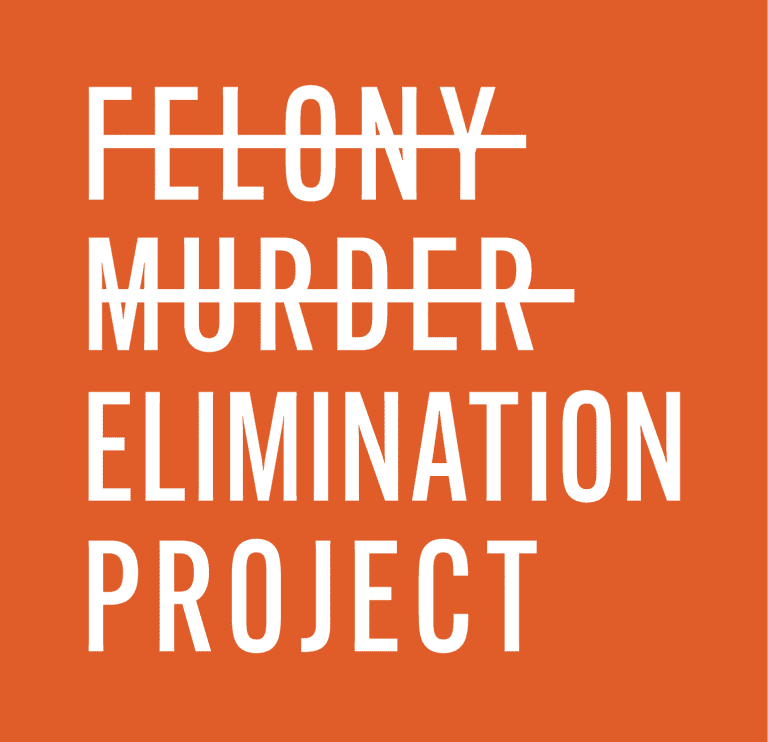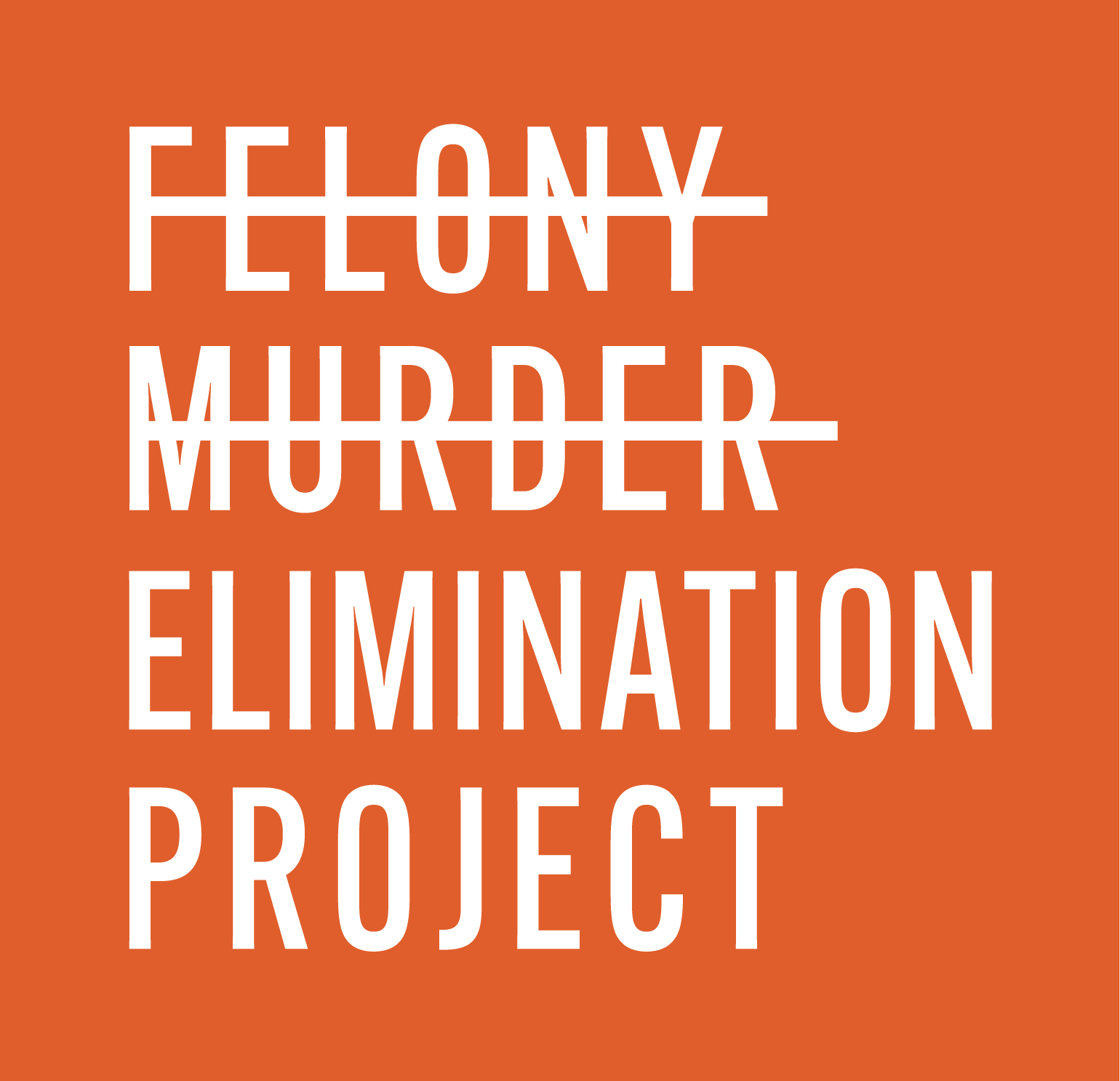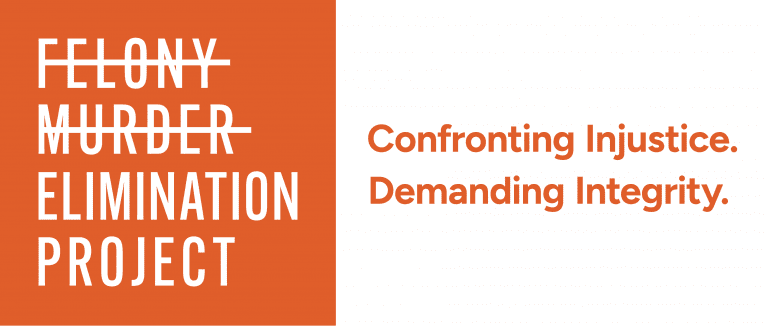Two new California Supreme Court rulings handed down last week sided with incarcerated persons contesting past gang-related charges. Those two decisions could affect ‘three strikes’ cases, impacting decades of sentencing for gang-related offenses and allow thousands of people to petition courts to reexamine their cases.
Both rulings were predicated on a 2021 law known as the Step Forward Act (AB 333), that raised the standard of evidence for proving that someone broke a law as part of “criminal street gang activity.” In different ways, the Supreme Court chose to apply the new standard to past convictions. One decision took an incarcerated person off Death Row; the other sided with two incarcerated people who contested past “strikes” on their records that set them on course for lengthy sentences.
In one case, a 4-3 majority determined that prior gang-related charges did not hold up under new legal standards and thus could not be used as strikes. Larry Fletcher and Eric Anthony Taylor Jr. argued that 2015 gang enhancement convictions could not be applied as “strikes” toward a three-strikes sentence for a 2020 attempted murder, as their convictions were still under appeal when the 2021 law went into effect. The Court agreed and vacated the pair’s 2015 prior convictions as gang-related, and therefore offenses that no longer counted as a “strike,” and remanding the trial court to potentially retry them under the new law’s redefined elements of gang offenses and enhancements.
A second case upended a defendant’s death sentence and remanded his case back to trial court. The case was decided 5-2, upholding Jason Aguirre’s 2009 murder and attempted murder convictions, but sending it back to trial court in Orange County for what the court described as “further proceedings.” Both the majority and dissenting opinions said they would have reversed the defendant’s gang enhancements. At trial, a detective testified that Aguirre shot three people for the reputational benefit of a gang. At the time, that was a valid reason for a prosecutor to pursue gang enhancements to a defendant’s sentence. As a result of AB 333, gang enhancements now have to show that any benefit the gang received from criminal activity has to be “‘more than reputational.”
“With the relevant aspects of Assembly Bill 333 (the 2021 law) applying retroactively, this disconnect with the law as it has since been amended constitutes error affecting defendant’s conviction for active participation in a criminal street gang,” Chief Justice Patricia Guerrero wrote in the majority opinion.
Gang enhancements and so-called three-strike sentences date back decades, to when California’s crime numbers were peaking in the late 1980s and early 1990s. Participation or association with an alleged gang or gang members became highly subjective criminal acts that added sentencing enhancements for felonies committed “to benefit a criminal street gang.” Prosecutors in California pursued allegations of criminal street gang activity for both violent and nonviolent felony charges.
Critics, activists and reform advocates argued that gang allegations and gang enhancements disproportionately and unfairly targeted defendants from minority and low-income communities — and that low thresholds of evidence led to prejudiced juries, resulting in disproportionately severe sentences, primarily for people of color. The STEP Forward Act attempted to address the inequities and excessive punitive impact of the so-called “tough on crime” legislation passed in the 1980’s and 1990’s.



